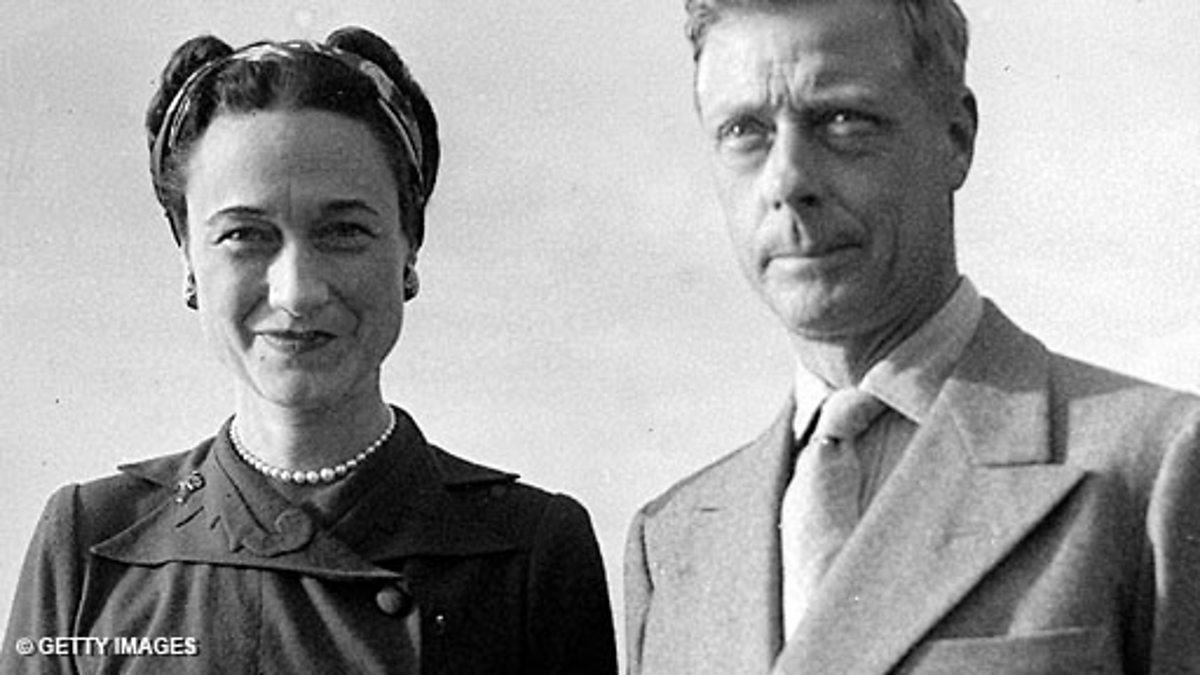
Simpson to Paris, making further nuisance of himself by bickering with his brother George VI and visiting Nazi Germany on a self-styled diplomatic mission, receiving a private audience with Adolf Hitler himself. His stand, romantic in isolation, seems less noble when placed in the context of a man who never saw the world, and his throne, as anything more than an extension of his own desires.Īfter leaving the throne, Edward (now the Duke of Windsor) decamped with Mrs.

Lest we sympathize too much though, Edward repeatedly undercuts our understanding. Edward does inspire a modicum of sympathy for his choosing love over duty, butting heads with hide-bound royals more horrified by his courting a non-royal (and a divorcee!) than his all-around ignorance.

Though, in fairness, Edward's reign was likely foredoomed by his relationship with the American divorcee Wallis Simpson, whom Ziegler describes as possessing a sadomasochistic hold on her lover - perhaps cruelly, but on the basis of evidence here, not unfairly. The young King swiftly found himself bickering with his family and palace staff, alienating his allies in Parliament (save Winston Churchill, who embarrassingly stood by him to the end) and the press, flirting with fascism and generally making a nuisance of himself without any achievements. Indeed, Edward's brief reign in 1936 was scandal-plagued and ineffectual. But it's more noteworthy that even Edward's father, the stolid George V, worried that "after I am dead, the boy will ruin himself within twelve months." That's as it may be, and in the symbol-laden modern monarchy such skills aren’t unimportant. He tries to balance this intellectual nullity with comments on Edward's charm and charisma, his good looks, his charitable causes (he was, quite honorably, a lifelong spokesman for British veterans) and popularity with the public, both in England and the Empire. Ziegler unsparingly shows Edward's vapidity: his private letters, well into adulthood, read like the diary of a middle schooler who never mastered the English language, while his public utterances rarely aspired to the banal. His early life is a rake's progress of romantic liaisons, drunken escapades and academic failures, interrupted by uneventful military service and occasional diplomatic tours. Ziegler's book, perhaps the most thorough and "definitive" work on this ill-starred ruler, tries to be generous to Edward but finds little to be generous about. The King who was once, and in some circles still is, romanticized for abdicating his throne "for the woman I love" has undergone a drubbing in recent decades, as his personal foibles and fascist sympathies have inspired heavy scrutiny. For an "authorized" biography, Philip Ziegler's King Edward VIII paints a remarkably unflattering portrait.


 0 kommentar(er)
0 kommentar(er)
